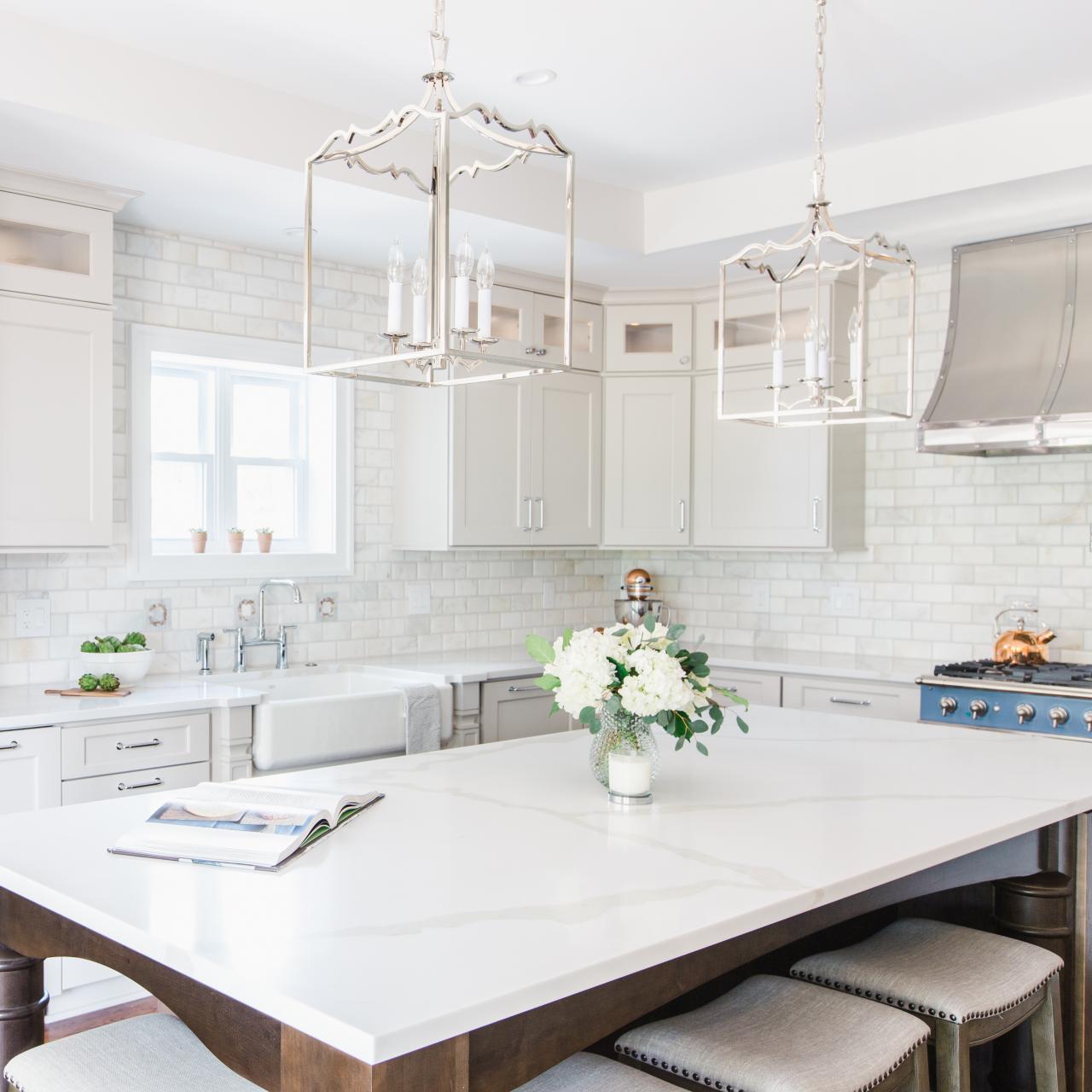the various aspects of quartz countertops
Quartz countertops have gained immense popularity in recent years, and for good reason. These surfaces, known for their remarkable durability and stunning aesthetics, have become a top choice for homeowners and designers alike. In this comprehensive article, we will delve into the various aspects of quartz countertops, exploring their origins, composition, advantages, maintenance, and their role in modern interior design.
I. A Brief History of Quartz Countertops
Quartz countertops, also known as engineered stone countertops, have a fascinating history that spans several decades. Unlike natural stone surfaces like granite or marble, quartz countertops are a man-made product. The journey of quartz countertops began in the mid-20th century when scientists and engineers began experimenting with the idea of creating a durable and aesthetically pleasing countertop material. This section will explore the evolution of quartz countertops and how they have become a staple in modern homes.
II. Composition and Production
One of the key factors that make quartz countertops so appealing is their composition. Quartz countertops are primarily made from natural quartz crystals, which are one of the hardest and most abundant minerals on Earth. These crystals are combined with resins, pigments, and additives to create a unique, engineered material that boasts remarkable properties. We will delve into the composition and the manufacturing process in this section, shedding light on the science behind quartz countertops.
III. Advantages of Quartz Countertops
Durability and Resilience
Quartz countertops are incredibly durable and resistant to chips, cracks, and scratches.
They are non-porous, preventing the absorption of liquids, which makes them highly stain-resistant.
Unlike natural stone, they don’t require sealing to maintain their integrity.
Aesthetic Versatility
Quartz countertops come in a wide range of colors and patterns, offering endless design possibilities.
They can mimic the look of natural stones like marble and granite without their associated vulnerabilities.
Low Maintenance
Cleaning and maintaining quartz countertops is simple, as they are easy to wipe clean and don’t harbor bacteria or germs.
They do not require periodic resealing, reducing long-term maintenance costs.
Consistency
Unlike natural stones that may have variations in color and pattern, quartz countertops offer uniformity throughout the slab.
Environmentally Friendly
The production of quartz countertops often incorporates recycled materials, making them a sustainable choice for eco-conscious homeowners.
IV. Installation and Cost Considerations
Installing quartz countertops requires the expertise of professionals to ensure a perfect fit. The cost of quartz countertops can vary widely based on factors such as the type of quartz chosen, the size of the countertop, and the complexity of the installation. This section will provide a comprehensive look at the installation process, cost considerations, and tips for choosing the right quartz countertop for your project.
V. Maintaining the Elegance
To ensure that your quartz countertops continue to shine and stand the test of time, proper care and maintenance are crucial. This section will cover the do’s and don’ts of maintaining quartz countertops, including cleaning techniques, avoiding damage, and handling common issues like stains and scratches.
VI. Quartz Countertops in Modern Interior Design
The versatility of quartz countertops extends beyond their functionality. They have become a key element in modern interior design, enhancing the aesthetics and functionality of kitchens, bathrooms, and other living spaces. This section explores the various design trends and applications of quartz countertops in contemporary home and commercial environments.
Kitchen Design
The role of quartz countertops in kitchen design, including the choice of colors, patterns, and edge profiles.
How quartz complements other design elements such as cabinetry, backsplashes, and flooring.
Bathroom Design
The advantages of quartz countertops in bathroom settings, including resistance to moisture and ease of cleaning.
Innovative design approaches, such as integrated sinks and unique edge profiles for bathroom countertops.
Commercial Spaces
The growing use of quartz in commercial spaces, including restaurants, hotels, and office buildings.
How quartz countertops contribute to the overall ambiance and durability of these spaces.
Customization and Personalization
The potential for customizing quartz countertops with unique colors, patterns, and edge profiles to match individual design preferences.
The incorporation of quartz into specialty projects, like fireplace surrounds and bar tops.
VII. Popular Quartz Brands and Product Lines
The market is replete with various quartz brands and product lines, each offering a distinct range of colors and features. This section provides an overview of some of the most reputable quartz manufacturers and the specific product lines they offer, helping readers make informed choices when shopping for quartz countertops.
VIII. Conclusion
In conclusion, quartz countertops have emerged as a versatile and elegant choice for homeowners, interior designers, and architects. Their durability, aesthetic flexibility, and low maintenance requirements have made them a favored material for kitchens, bathrooms, and commercial spaces. With an array of colors and patterns to choose from, quartz countertops continue to shape modern interior design, adding both beauty and functionality to living spaces. Whether you’re planning a renovation or embarking on a new construction project, quartz countertops offer a timeless solution that combines practicality with aesthetic appeal.





